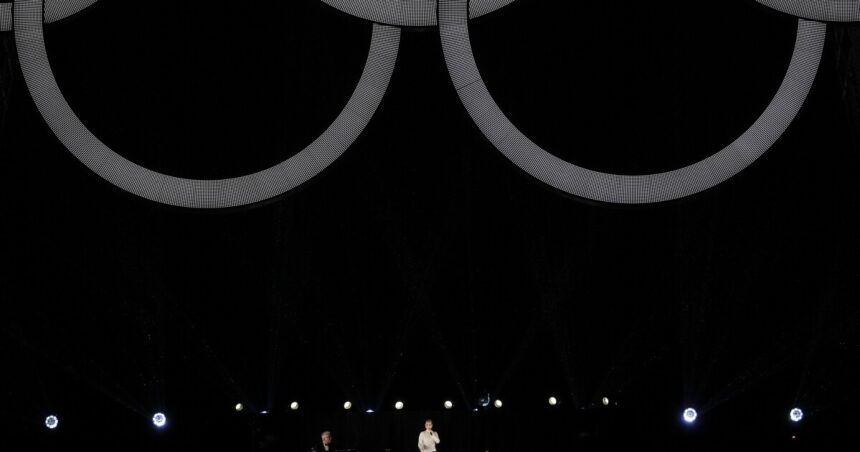It was a monumental moment of victory as Celine Dion returned to the stage at the Paris 2024 Games’ opening ceremony. For Dion and her fans, it has been a challenging time witnessing her battle a rare, progressive condition known as stiff person syndrome.
Multiple U.S. outlets and the French newspaper Le Parisien teased Dion’s performance earlier on Friday as fans eagerly awaited to hear her rendition of Edith Piaf’s “L’Hymne à l’amour.”
Dion’s rendition of the French language classic was a success: American singer Kelly Clarkson, who was co-hosting the NBC broadcast, was moved to tears on live television in reaction to the performance — at one point needing to pause while speaking.
This concert was set to be the superstar’s first performance since her diagnosis was disclosed, and a significant public moment for Dion, 56, to demonstrate that she can perform once again and conquer her health struggles.
Anticipation rose online in the lead-up to Dion’s performance on Friday, with one X user humorously comparing it to the movie Titanic. The post humorously links Titanic’s main character Rose DeWitt Bukater as an elderly woman reflecting on her life.
The games officially commenced with the captivating opening ceremony on Friday, preceding most competitions — soccer and rugby had already started matches on Wednesday.
Friday’s opening ceremony unfolded along the River Seine instead of being indoors like many previous Olympic Games’ opening ceremonies. Organizers mentioned a four-mile-long flotilla comprising nearly 90 boats would transport athletes from over 200 countries, passing by thousands of spectators.
RELATED STORY | Breakdancing to make Olympic debut at Paris 2024 Games
The NIH’s National Institute of Neurological Disorders and Stroke states that the cause of Dion’s disease remains unknown.
In her 2024 documentary, “I Am: Celine Dion,” the pop icon invites viewers into her life to witness some deeply personal moments dealing with the condition. It is characterized by “stiffness of the trunk or limb muscles,” and results in “frequent muscle spasms” that are often debilitating, as Dion has described.





